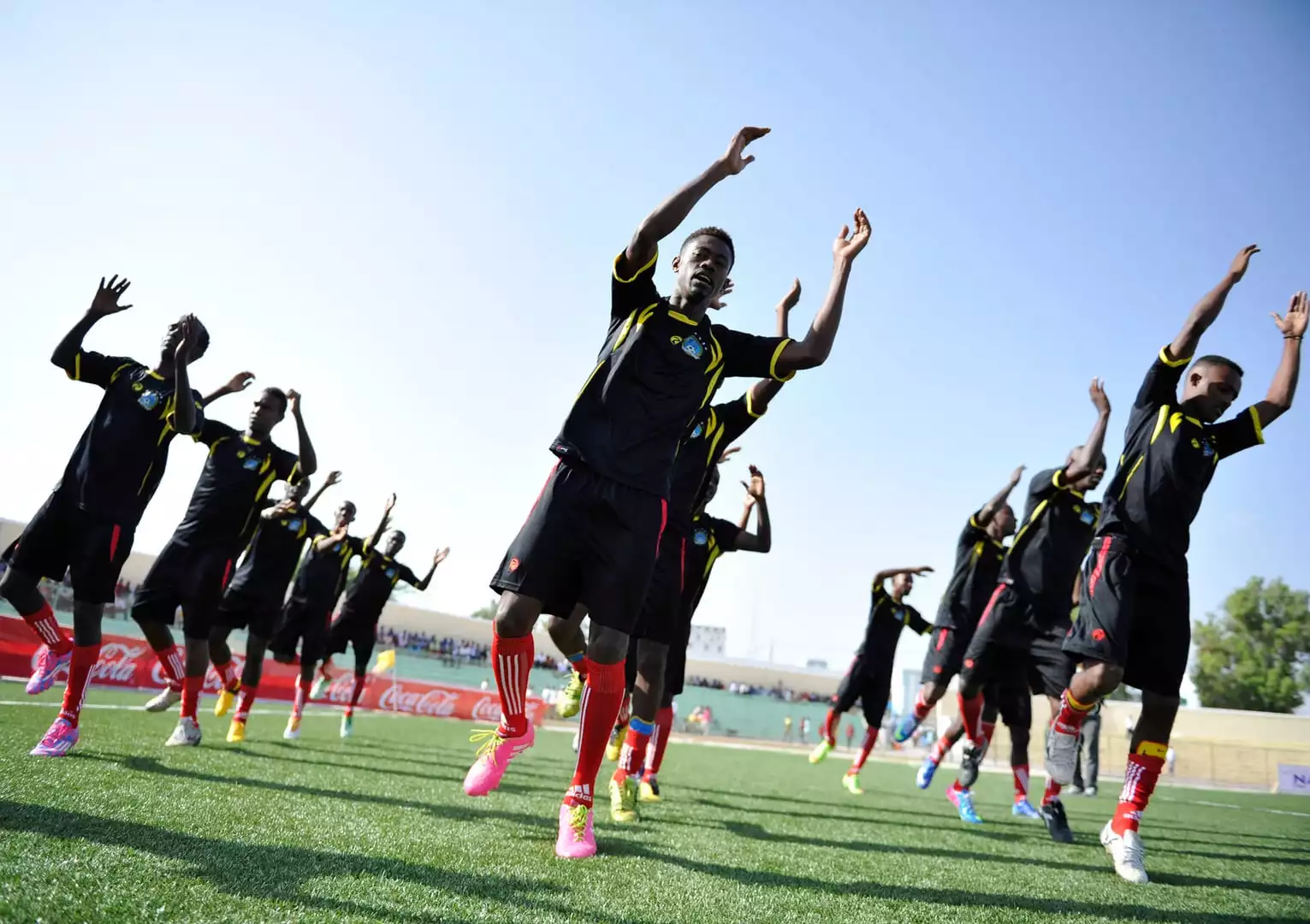History of AFCON and its format changes
The AFCON, formerly known as the African Cup of Nations, was first held in 1957 with just three participating teams. The tournament aimed to determine the best national team in Africa and offer a platform for African footballers to showcase their skills. However, as the popularity of the sport grew and more nations expressed interest in participating, the format of the AFCON underwent several changes.
One significant change in the format occurred in 1996 when the tournament expanded to include 16 teams. This expansion allowed more nations to compete and increased the level of competition among African footballing powerhouses. The increase in participating teams also meant adjustments in the tournament structure, with more matches being played and a longer schedule.
Another notable change in the format happened in 2019 when the tournament was moved from its traditional January-February slot to June-July. This shift aimed to align the AFCON with the FIFA international calendar and prevent club conflicts. The change in scheduling had a profound impact on the dynamics of the competition, as teams had to adjust their preparations and player availability.
Expansion of teams and tournament structure
The expansion of the AFCON from its humble beginnings to the current 24-team format has been a significant development in African football. The increase in participating teams not only provides more opportunities for nations to compete but also showcases the growth and talent depth of African football.
With more teams, the tournament structure had to adapt to accommodate the larger pool of participants. The current format consists of six groups of four teams each, followed by a knockout stage. This expanded format ensures that the best teams advance to the later stages of the competition, leading to more intense and closely contested matches.
Furthermore, the introduction of a round of 16 stage in 2019 added an extra layer of excitement to the tournament. This change allows for more knockout matches and increases the chances of upsets and underdog stories, making the AFCON even more thrilling for fans and viewers.
Shift in scheduling and hosting arrangements
Traditionally, the AFCON was held during the months of January and February, which posed challenges for both players and clubs. The scheduling conflict between the AFCON and European club competitions often resulted in clubs being reluctant to release their African players, thereby impacting the quality of the tournament.
To address this issue, the Confederation of African Football (CAF) made the decision to move the AFCON to the summer months, aligning it with the FIFA international calendar. This change has had several benefits, including increased player participation, higher-quality matches, and a more global audience.
Another significant change in the AFCON format is the introduction of a bidding process for hosting rights. Previously, the host nation was decided by the CAF Executive Committee, but this led to allegations of corruption and lack of transparency. By adopting a bidding process, the hosting arrangements for the AFCON have become more democratic and accountable.
Impact of format changes on competition and teams
The changes in the AFCON format have had a profound impact on the competition and the participating teams. The expansion of the tournament to 24 teams allows for a broader representation of African football and increases the competitiveness of the event. Smaller nations now have a chance to qualify and showcase their talent on the continental stage, which has led to the emergence of new footballing powers.
Additionally, the introduction of the round of 16 stage has provided more opportunities for teams to progress in the tournament. This change has seen underdog teams defeating more established footballing nations, creating a sense of unpredictability and excitement among fans.
The shift in scheduling has also benefited the competition by ensuring the availability of top African players. With the AFCON now held during the summer, players no longer have to choose between club commitments and representing their national teams. This has resulted in higher-quality matches and a better overall experience for viewers.
Controversies and criticisms surrounding format changes
While the changes in the AFCON format have been largely positive, there have been controversies and criticisms surrounding some of the alterations. The expansion of the tournament to 24 teams has led to concerns about the dilution of the competition's quality. Critics argue that including more teams might result in lopsided matches and diminish the overall standard of play.
The shift in scheduling has also faced backlash from some quarters. Traditionalists argue that the AFCON should be held during its original January-February slot, as it has a long-standing tradition and is deeply ingrained in African football culture. Additionally, the change in scheduling has disrupted the domestic leagues in some African countries, leading to fixture congestion and player fatigue.
The bidding process for hosting rights has not been without its fair share of controversies. Despite efforts to increase transparency, allegations of corruption and bribery still persist. Critics argue that the bidding process is not entirely fair and that hosting rights are often awarded to nations with questionable human rights records or inadequate infrastructure.
Evolution of AFCON's popularity and viewership
Despite the controversies and criticisms, the AFCON has experienced a significant increase in popularity and viewership over the years. The changes in the format have brought excitement and enthusiasm to fans worldwide, resulting in higher attendance at stadiums and increased television viewership.
The expansion of the tournament has allowed for more nations to be involved, creating a sense of inclusivity and fostering a stronger connection between fans and their national teams. The increased number of matches and the introduction of the round of 16 stage have also contributed to the overall entertainment value of the AFCON.
Furthermore, the shift in scheduling has made the tournament more accessible to a global audience. With the AFCON no longer clashing with European club competitions, fans from all over the world can now enjoy the best of African football without having to choose between different tournaments.
Future prospects and potential format changes
As the AFCON continues to grow in popularity and stature, there are ongoing discussions about potential format changes for future editions. One proposal under consideration is to increase the number of participating teams to 32, similar to the format of the FIFA World Cup. This expansion would provide even more opportunities for African nations to compete and further raise the profile of the tournament.
Another potential change is the introduction of a centralized and rotating hosting model, similar to the UEFA European Championship. This would ensure that the responsibility of hosting the AFCON is shared among various African nations, allowing them to showcase their infrastructure and promote football development on the continent.
No matter the future changes, it is evident that the AFCON format will continue to evolve and adapt to the demands of the sport. The tournament's rich history and the passion of African football fans guarantee that the AFCON will remain one of the most exciting and highly anticipated events in the footballing calendar.
The AFCON format has undergone significant changes over the years, from an expanded number of participating teams to alterations in the tournament schedule. These changes have not only provided fresh opportunities for teams to compete but have also enhanced the overall experience for supporters and viewers alike. The revamped knockout stage, qualified host nations, and matches held during the summer have brought excitement and enthusiasm to fans worldwide. Despite controversies and criticisms, the AFCON's popularity and viewership continue to rise, ensuring that the tournament will remain a highlight of African football for years to come.









